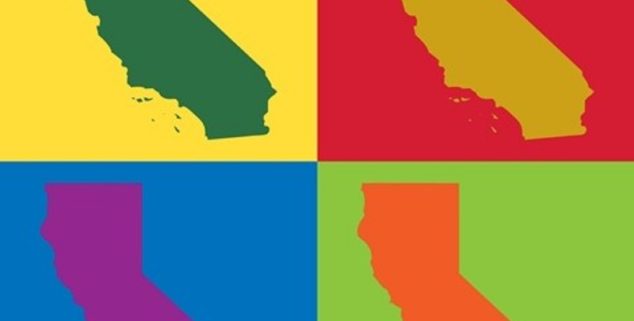News
State election marks cultural shift

Californians who thought Tuesday’s election would mark a dramatic change in the state’s culture and social fabric were right — half right.
Anti-death penalty forces believed Election Day would be a game-changer — and they were wrong.
Marijuana advocates thought the same — and they were right.
After decades of discussion and a series of conflicting legal cases, voters not only refused to abolish the death penalty, they were narrowly approving a rival measure to keep capital punishment and speed up the existing procedures by which condemned inmates are executed.
Support of the death penalty has been a bedrock position for many politicians, especially Republicans, and has played a divisive, pivotal role in gubernatorial appointments and campaigns, as well as appointments to the state Supreme Court and appellate courts.
The voters decision marked a shift in sentiment over the six weeks prior to the election: A Sept. 22 Field Poll showed the death penalty repeal measure, Proposition 62, ahead narrowly, while voters were far more uncertain about the rival measure, Proposition 66.
But on Election Day, the repeal was rejected decisively, about 54 percent to 46 percent, or 4.63 million votes to 3.95 million votes. Proposition 66, meanwhile, was leading by a thin margin, 51.9 percent to 48.1 percent, or about 4.2 million votes to 4.0 million.
While voters sought to keep the death penalty, they also voted to overhaul the state’s parole system, a move backed by Gov. Brown as a means of reducing the prison load by an estimated 30,000 inmates – nearly a fourth of the prison population — and limit the numbers of nonviolent prisoners in custody. Brown’s Proposition 57 was approved by 5.48 million votes to 3.14 million, or 63.6 to 36.4 percent.
But a game-changer did take place on marijuana.
California voters approved by 56-to-44 percent the legalization of recreational marijuana, a dramatic – if expected – outcome to years of controversy about marijuana use. Two other states, Nevada and Massachusetts, also approved recreational use. Fully half of the nation’s 50 states have some form of marijuana legalization.
California, which already has approved medical marijuana use, has been a battleground for recreational pot legalization. But numerous efforts failed to even make the ballot, as rival camps were unable to unite their forces and fought for campaign cash from many of the same sources.
But this time around, the pro-forces were well-funded, including $7.3 million from Napster co-founder and former Facebook president Sean Parker.
Want to see more stories like this? Sign up for The Roundup, the free daily newsletter about California politics from the editors of Capitol Weekly. Stay up to date on the news you need to know.
Sign up below, then look for a confirmation email in your inbox.

Leave a Reply